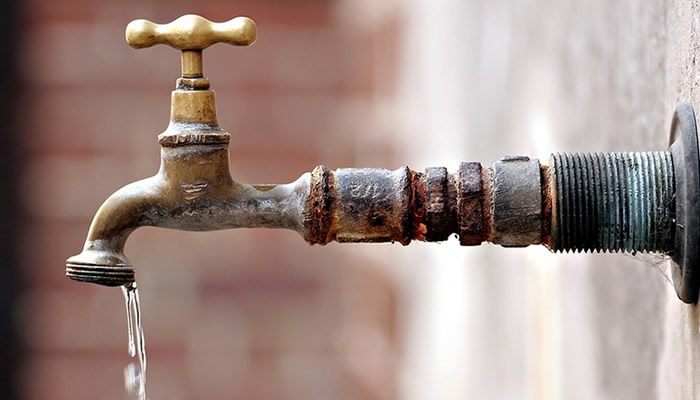Residents in Tunisia’s capital and other cities said authorities have started cutting off drinking water at night in what appears to be a bid to reduce consumption amid a severe drought.
Cutting off water without prior announcement, in areas of the capital Tunis, Hammamet, Sousse, Monastir and Sfax, could propel social tension in a country whose people suffer from poor public services, high inflation and a weak economy.
Severe drought in the North Africa country prompted officials to say the ministry may begin to cut off water supply at night over the summer to reduce consumption due to the scarcity of reserves in the country. However, the continued lack of rain appears to have prompted authorities to start doing so early in some places.
Read also: Bangladesh calls for mitigating effects of climate change
According to Yassin Mami, a lawmaker in the new parliament, officials from the national water company informed him that the reason for the frequent interruption of water supply in Hammamet city, was “because the country is threatened by water scarcity”.
Tunisian dams recorded a decrease in capacity of around of 1 billion cubic meters due to scarcity of rain from September 2022 to mid-March 2023, Hamadi Habib, a senior official in the agriculture ministry, said.
Official figures showed the Sidi Salem Dam in the north of the country, a key provider of drinking water to several regions, has declined to only 16% of its maximum capacity of 580 million cubic meters.
Story was adapted from Reuters.
